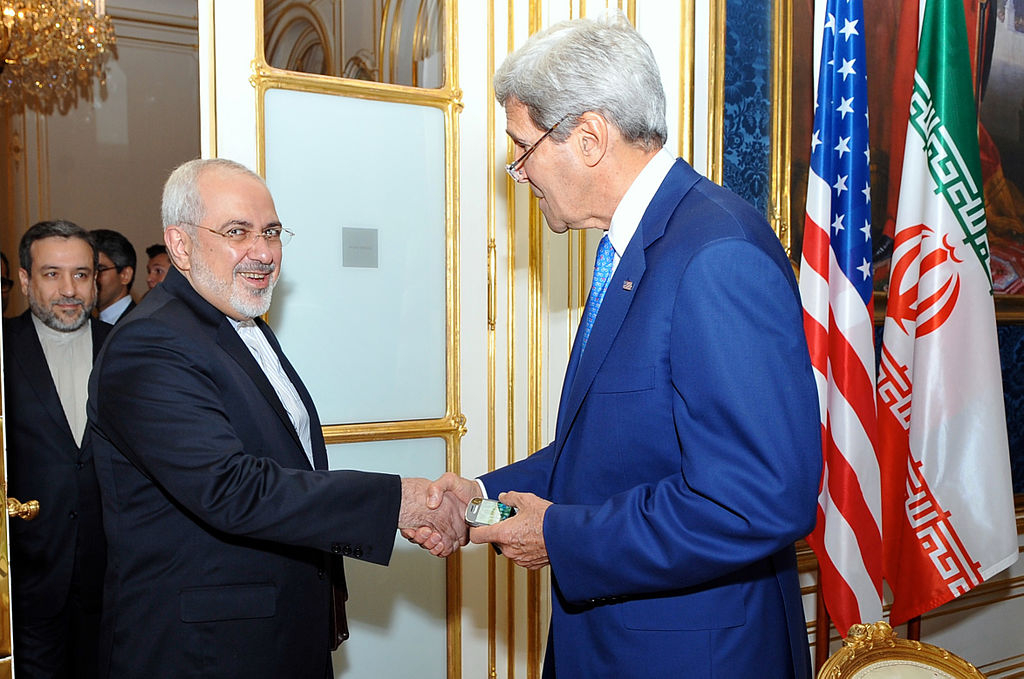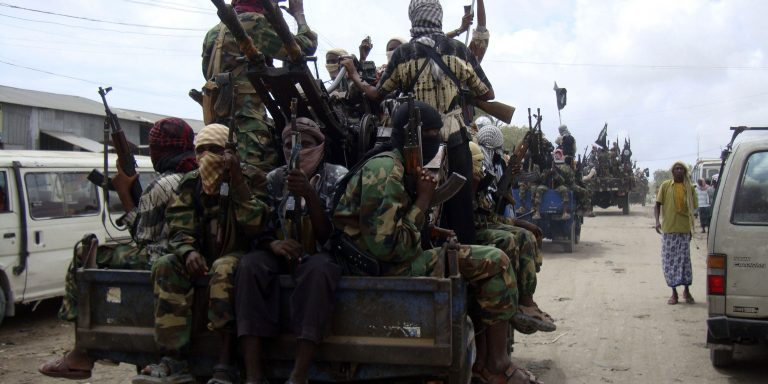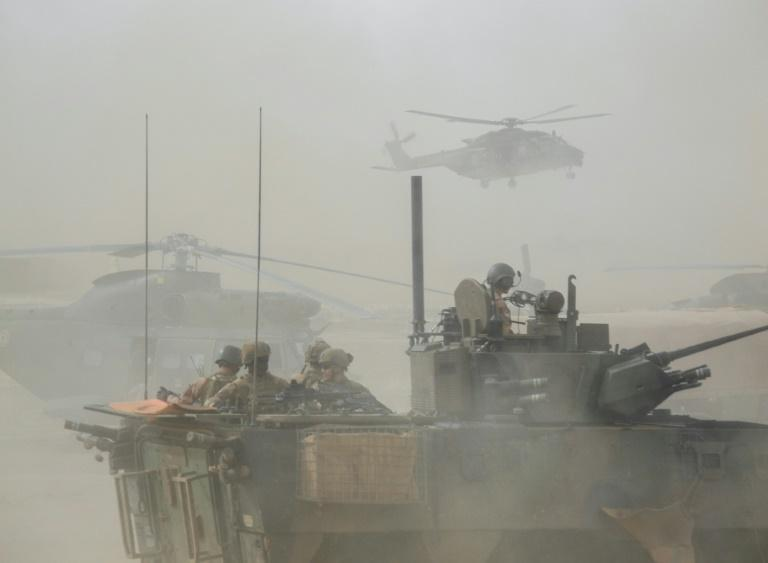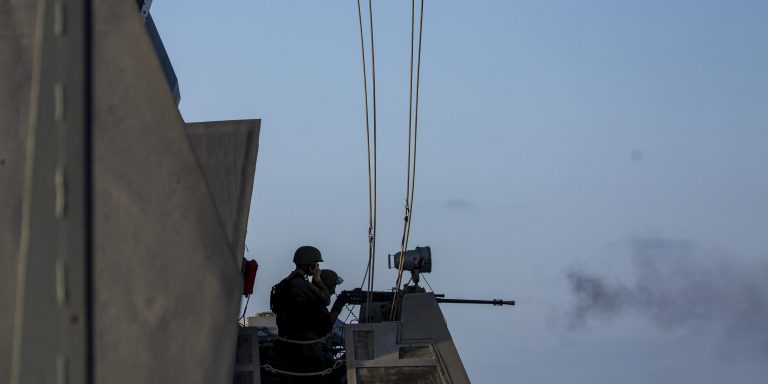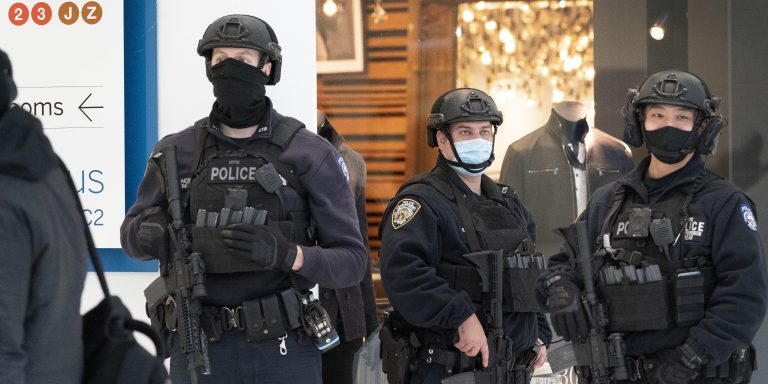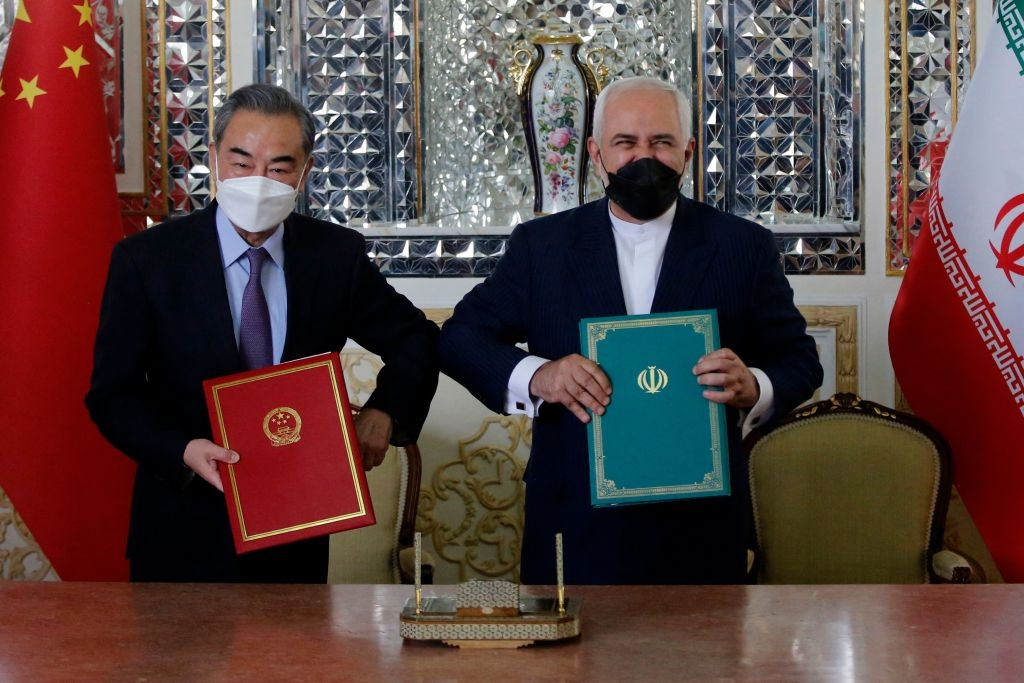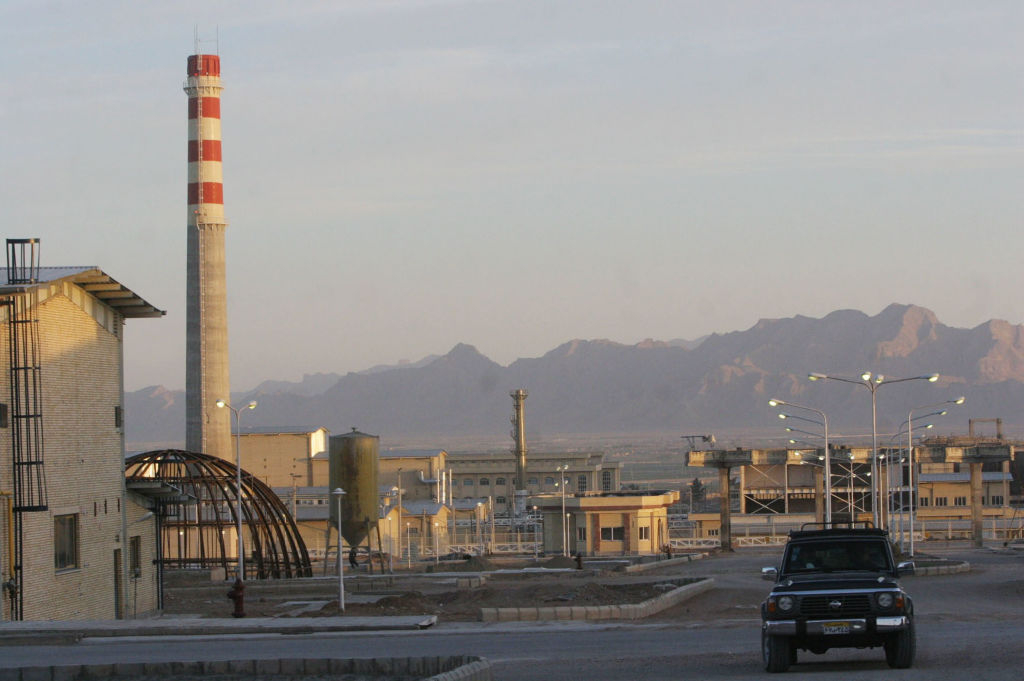Lebanon’s economic crisis: A tragedy in the making
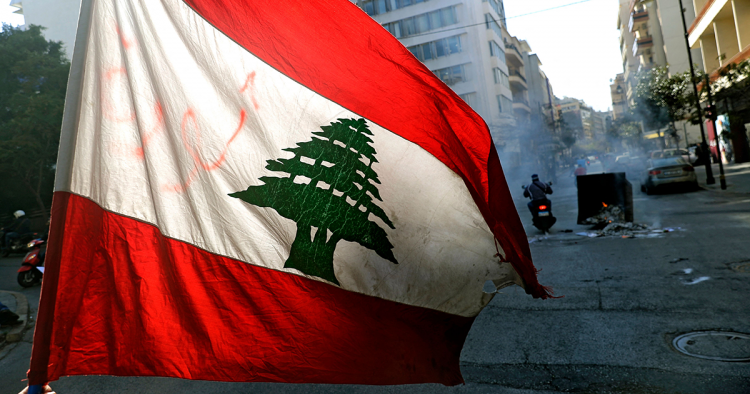
For the past 18 months, Lebanon has been reeling from a wrenching economic crisis. This essay deciphers the crisis’s origin, describes the current juncture, and reflects on the likely outcomes in the proximate future.
How did we get here?
With hindsight, Lebanon’s economic crisis was predictable. By the time the crisis erupted in October 2019, the economy was facing four extraordinary challenges. First, public sector debt had reached such elevated levels that a default had become a question of when, not if. Second, the banking sector, having lent three-quarters of deposits to the government, had become functionally bankrupt and increasingly illiquid. Third, the productive economy had experienced virtually no growth for an entire decade — a development with acute socio-political implications. Finally, and perhaps most importantly, the country was politically rudderless: there was no president between 2014 and 2016, there were multiple and lengthy delays in cabinet formation, and the 2018 parliamentary elections took place but only after a five-year delay. The Hariri government that was in place when the crisis hit in 2019 became impotent to such an extent that it lacked power to deliver on any of the reforms required as a condition for foreign support.

